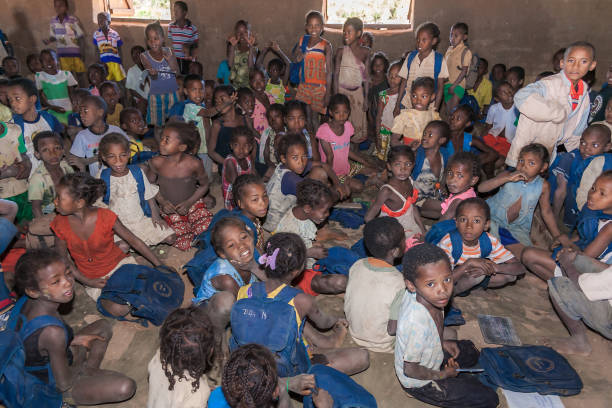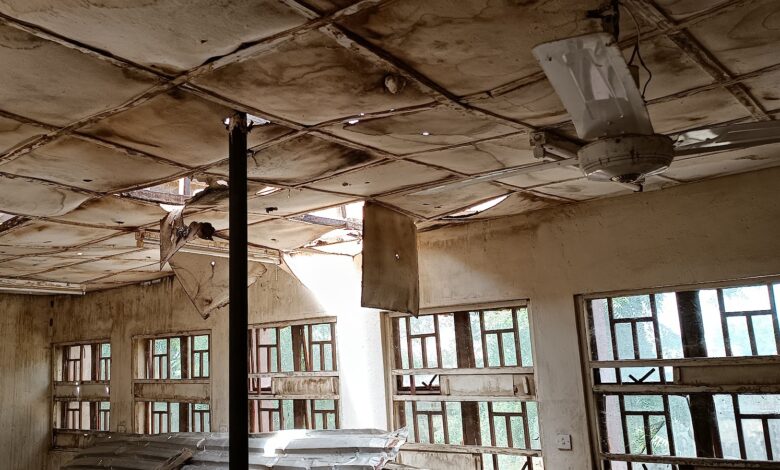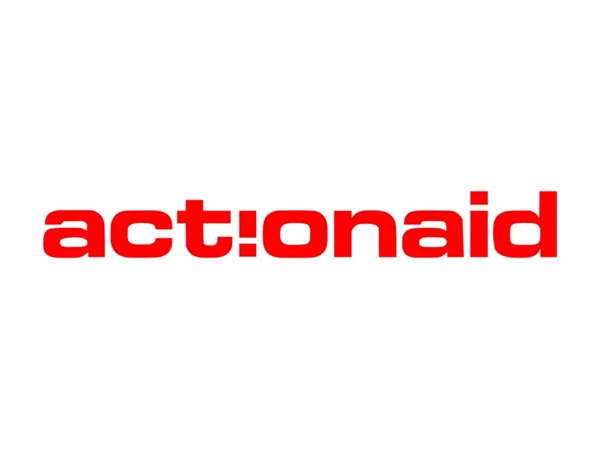Health workers and teachers across Africa are facing a severe livelihood crisis, paying out of pocket for essential supplies, and struggling to feed their families as a result of relentless public sector budget cuts, a new study by global justice organisation, ActionAid has revealed.
The report titled: “The Human Cost of Public Sector Cuts in Africa,” surveyed more than 600 healthcare workers, teachers, and community members across Nigeria, Kenya, Ghana, Ethiopia, Liberia, and Malawi. It uncovers a region-wide collapse in public services, driven by ‘brutal’ budget cuts and a growing debt burden.
Four of the six countries covered by the research are found to be spending less than the recommended one-fifth of the national budget on education while they also exceed the ratio of one teacher per 30 pupils, as reported by the United Nations Educational, Scientific and Cultural Organisation (UNESCO) Institute for Statistics.
The study found that crippling budget cuts have left Africa’s public sector workers underpaid, overworked and struggling to make ends meet.
According to the study, teachers’ real incomes have plummeted by between 10 and 50 per cent over the last five years, with nearly all health workers (97 per cent) reporting that their salaries are no longer enough to cover food, rent and basic household expenses.
Wages crash, costs rise
Across the six countries surveyed, teachers have seen their real incomes fall by as much as 50 per cent over the last five years while 97 per cent of health workers reported that their wages are no longer enough to meet basic needs such as food, rent, and household expenses.
Findings from the study reveals that teachers across Africa are losing up to half of their income over five years while 87 per cent of them reported shortages of basic classroom materials, with three quarters of staff (73 per cent) paying for equipment out of their own pockets.
IMF policies
ActionAid’s report draws a connection between these cuts and fiscal policies promoted by international financial institutions.
It particularly singled out the International Monetary Fund (IMF), accusing it of pressuring African governments to cut spending on public services in order to service foreign debts.
The research shows that the consequences of these policies are multi-faceted and far-reaching as workers are stretched beyond their limits and communities’ fundamental rights to healthcare and education are severely impacted.
The Country Director of ActionAid Nigeria, Andrew Mamedu, said: “With the accelerating debt crisis in the Global South, over three-quarters of all low-income countries in the world are spending more on debt servicing than they spend on health.”
He emphasised that the debt crisis and the IMF’s insistence on cuts to public services in favour of foreign debt repayments have severely hindered investments in healthcare and education across Africa.
“For example, in 2024, Nigeria allocated only 4 per cent of its national revenue to health, while a staggering 20.1 per cent went toward repaying foreign debt. This is not only absurd but unsustainable in the long run. The time for change is now.”
Mr Mamedu urged governments to shift from unsustainable economic policies based on cuts and debt repayments to those that prioritise human rights, saying, the lives of millions depend on it.
Strain on teachers and schools

The education sector is showing signs of collapse in many regions. Teachers report overcrowded classrooms, poor infrastructure, and low morale.
A teacher from Liberia with 80 pupils in his class, identified simply as Kasor, said the ministry doesn’t provide teaching aids or textbooks.
“I feel stressed and hopeless. We need better infrastructure and resources to cope with these changes. Due to reduced income, I often struggle to put enough food on the table,” Kasor lamented.
Another primary school teacher in Malawi’s Rumphi District, identified simply as Maluwa, said she teaches more than 200 pupils in a single classroom as a result of which it is nearly impossible to deliver quality education.
“I now believe that teaching is the least valued profession. With over 200 students in my class and inadequate teaching and learning materials, monitoring individual performance and supporting struggling students has become a daunting task,” she said.
Overcrowding is echoed in other countries. Many teachers report burnout, declining job satisfaction, and growing resentment over delayed promotions and lack of support.
Health workers, communities overwhelmed

The study shows that insufficient budgets in the healthcare system have resulted in failing healthcare. Community members in all the six countries revealed deep dissatisfaction with the public healthcare system, decrying the rising costs of services, shortage of healthcare workers, and poor infrastructure.
Healthcare workers also lamented that they are struggling to keep up with patient needs amid critical shortages.
In Kenya, a community health worker, Maria, reported that pregnant women are increasingly turning to unsafe home deliveries due to rising costs. “In the past month, I have witnessed four women giving birth at home due to unaffordable hospital fees.”
She further revealed that the community is forced to seek vaccines and immunisation in private hospitals since they are not available in public hospitals. “Our local health services are limited in terms of catering for pregnant and lactating women, as a result, most women must seek services in Mombasa, which is expensive,” she said.
A community member from Muyakela Kebele, Ethiopia, Marym said that factors such as long travel distances, rising fees and a dwindling medical workforce are leaving millions without healthcare. She added that medicines for malaria are now ten times more expensive at private facilities.
“Now malaria is an epidemic in our area because medication is now beyond the reach of many. Five years ago, we could buy antimalarial medication for 50 birr (USD 0.4), but now it costs more than 500 birr (USD 4) in private health centres,” Marym lamented.
Another community member from Taita Taveta in Kenya, Rose also noted that patients are referred for diagnosis tests 40 km away from the local dispensary; lamenting that doctor’s consultation has doubled at the referral hospital, making it difficult for the community to access healthcare.
Gender impact
The burden of budget cuts falls disproportionately on women, who make up the majority of frontline education and health workers.
According to Governance Specialist at ActionAid Nigeria, Judith Gbagidi, behind every budget cut is a woman frontline worker picking up the pieces by teaching without materials, healing without medicine, and caring without rest.
She said the IMF’s austerity playbook is not just a financial strategy, but a human rights failure; stressing the urgent need to mobilise political will to prioritise people over payments and restore dignity to Africa’s public workforce.
Urgent policy shift
ActionAid has called on African governments and IMF to work towards reversing the damaging trend of cuts to essential services while prioritising debt repayment.
The Global Economic Justice Lead at ActionAid International, Roos Saalbrink, said the debt crisis and drive for austerity is amplified for countries in the Global South and low-income countries, especially due to an unfair global economic system held in place by outdated institutions, such as the IMF.
“This means that the burden of debt falls on those most marginalised. This must end,” she said, urging governments to agree on new international rules on global economic governance that shift important decisions away from the IMF and towards democratic institutions, such as the United Nations, to shape a fair and inclusive global economy for all.”
ActionAid called on education and health ministries to work with finance ministries to allocate sufficient resources to meet global benchmarks, ensure fair remuneration for workers, and improve infrastructure to deliver quality services.
It also appealed to governments to explore fair and just ways of raising income, such as progressive taxation, rather than imposing spending cuts to essential public services.


